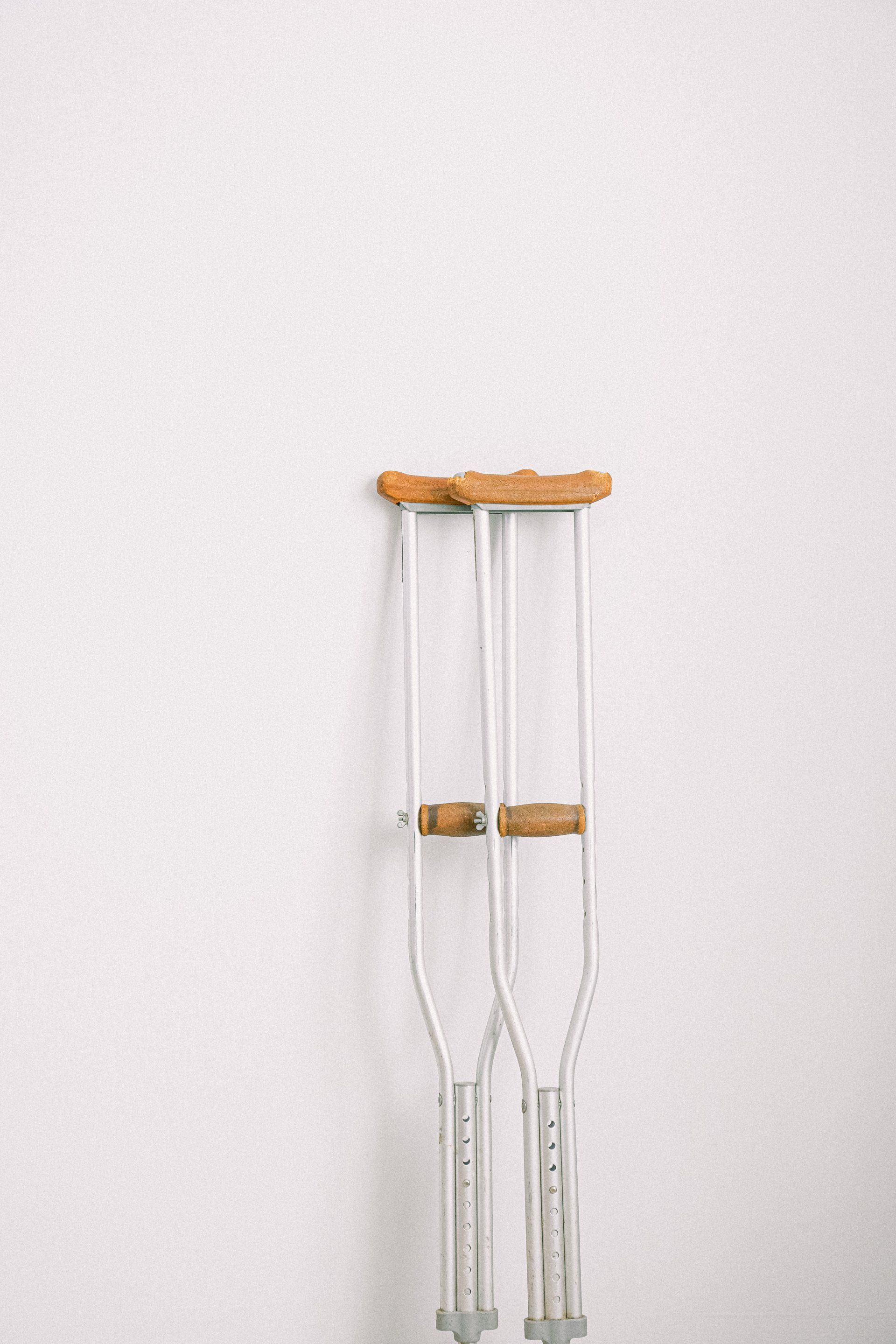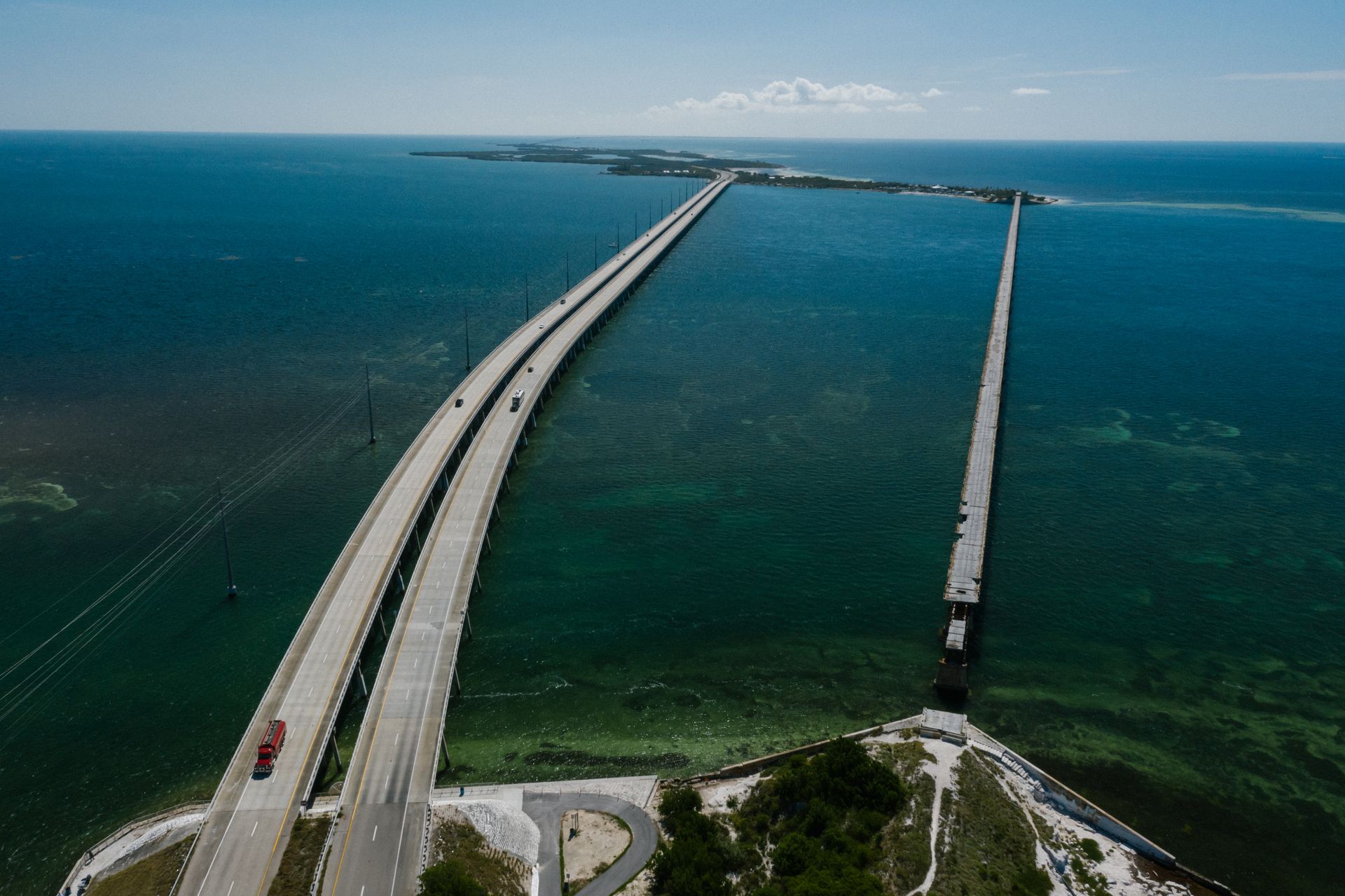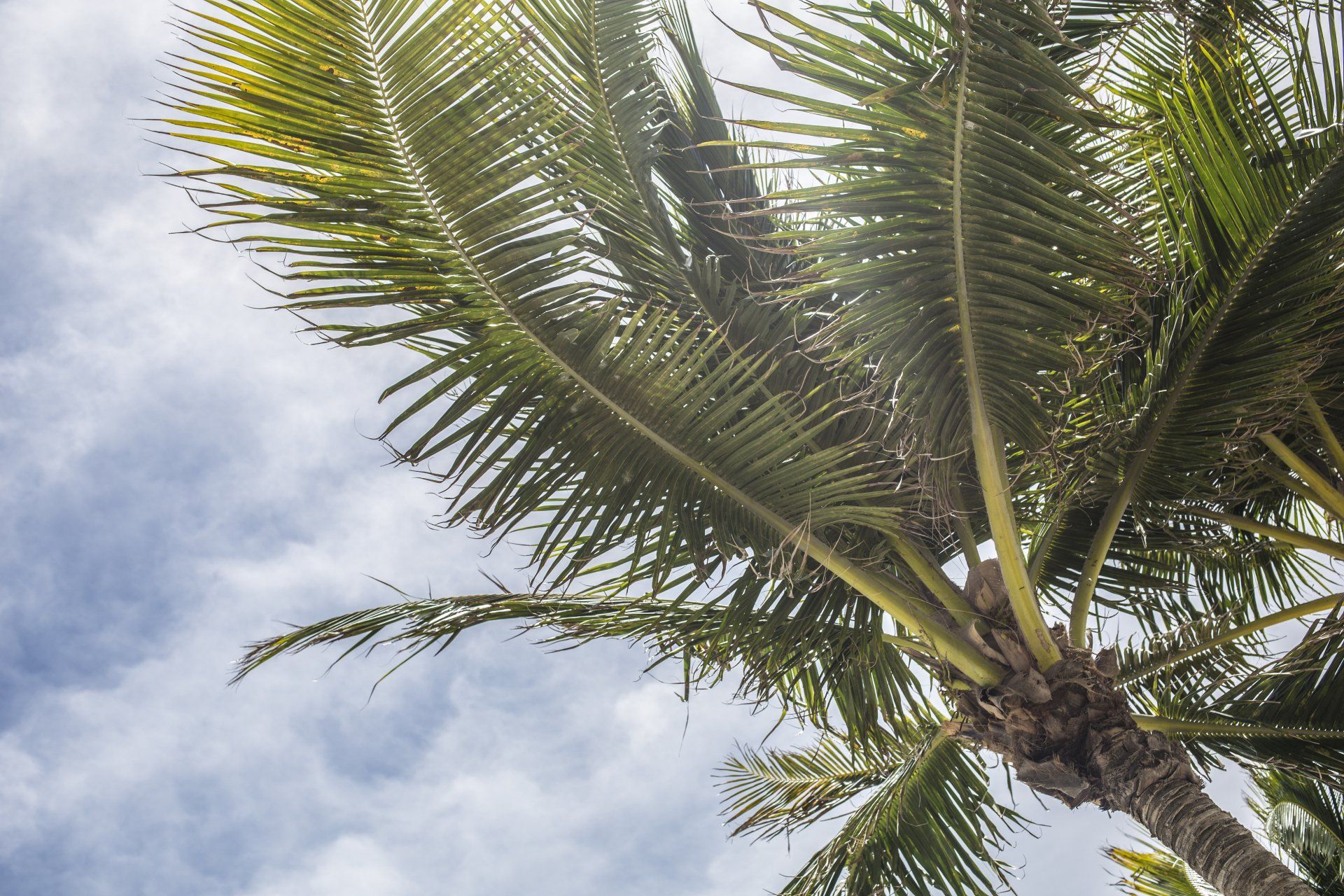Get In Touch
Phone: (305) 396-3338
Email: Rmalivert@malivertlaw.com
Miami Office: 3250 NE 1st. Ave Suite 305, Miami, FL 33137
Main Office: 117 SE Seminole St, Stuart, FL 34994
Guide to Pool and Water Safety: Tips and Liability
Nothing is more refreshing than a cool dip in a glistening blue pool on a hot day. Both grown-ups and kids alike enjoy splashing around in the pool to cool off and unwind. Whether you’re playing a classic hide-and-seek swimming pool game or coasting along on a floaty sipping a cold drink, a day at the pool can be a lot of fun. However, a good day in the water can take a bad turn fast if you don’t follow safety rules. Follow these essential pool safety tips to keep everyone safe and understand the liabilities involved.
1. No Running at the Pool
Lifeguards are always yelling, “No running at the pool!” for a good reason. Pool areas are mostly concrete, metal, and hard surfaces that are often wet. Running on wet surfaces can lead to falls and injuries, posing a risk to yourself and others. If you have been injured falling at a pool, you should contact a slip and fall attorney to discuss your options.
2. Assess Water Depth Before Diving
Always check the depth before entering the water. Public pools will display the depth of each area of the pool, but private pools may not. Wading in first to determine the depth can prevent diving injuries, which can include damage to the spinal column, bone breaks, fractures, and sometimes even death. Never dive unless the pool depth is at least nine feet, and do not enter headfirst if your view is obstructed.
3. Avoid Drain and Suction Entrapments
Pool skimmers and drains are designed to keep pools free of debris but can pose a danger to swimmers who get too close. Steer clear of drains and any other openings that cause suction, as these can trap swimmers, especially children. Pool owners should install anti-entrapment covers on all drains to prevent these accidents.
4. Never Swim Alone
Swimming alone means no one will be there if you are injured or incapacitated. Kids should always be accompanied by an adult, and even adults should swim with a buddy. Water watchers need to stay alert and sober, ready to call for emergency assistance if needed.
5. Swim Sober
Avoid drugs and alcohol before swimming. Impaired vision and slowed reaction times can make swimming dangerous. Alcohol is also a diuretic, increasing the risk of dehydration and heat exhaustion on hot days. Always swim sober to stay safe.
6. Ensure Everyone Knows How to Swim
Drowning is the leading cause of death for children ages one to four, according to the CDC. Ensure everyone in your family has basic swimming skills and can tread water for at least three minutes. Anyone who does not know how to swim should wear a life vest or other flotation devices.
Understanding Pool Liability
Despite all precautions, accidents can still happen. If someone is injured at a pool, the property owner may be held accountable through a premises liability lawsuit. These claims can seek damages for medical expenses, lost wages, and pain and suffering. However, the property owner must be proven negligent, such as by having broken stairs, missing warning signs, or unsafe pool areas.
Attractive Nuisance Doctrine
The “attractive nuisance” doctrine applies particularly to children. It requires property owners to maintain a safe environment, even if children trespass. Pools must have adequate fencing, locked gates, and drain covers to prevent accidents.
By following these tips, you can ensure a safe and enjoyable pool experience for everyone. Stay informed about pool safety and liability to protect yourself and your loved ones.
Follow and/or Like Our Social Media Accounts to stay updated on more safety tips and legal advice.




Site Navigation
Get In Touch
Phone: (305) 396-3338
Email: Rmalivert@malivertlaw.com
Miami Office: 3250 NE 1st. Ave Suite 305, Miami, FL 33137
Main Office: 117 SE Seminole St, Stuart, FL 34994
Contact Us
We will get back to you as soon as possible.
Please try again later.
All Rights Reserved | Malivert Law, P.A. | Privacy Policy | Terms of Use | Powered by Levitate
